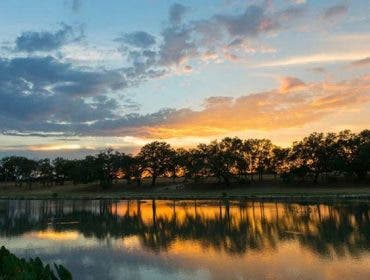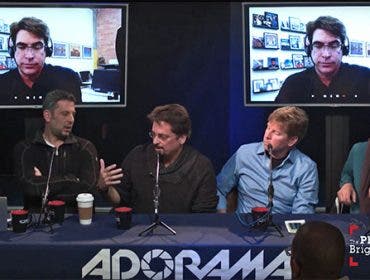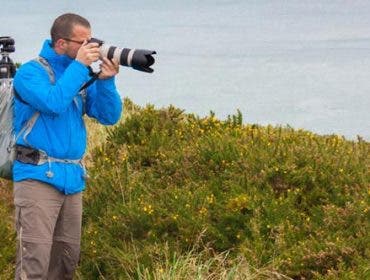tatives from organizations that include the largest share of U.S. advertising, editorial and stock photographers have been meeting with members of Congress and key staff. Their discussions have focused on seeking solutions for the problems of unidentified creative works and missing creators, while preserving constitutional protections for intellectual property.
The Advertising Photographers of America (APA), the National Press Photographers Association (NPPA), the Stock Artists Alliance (SAA) and Editorial Photographers (EP) have all stated they cannot support the Orphan Works bills in their current form. Together, these groups represent more professional media photographers than other U.S. organizations.
In recent months, representatives from APA and NPPA have met with members of Congress and legislative staff to express their concerns regarding Orphan Works bills S2913 and HR5889. The photographers’ representatives offered potential solutions for limiting the legislation to works that are truly “orphaned,” for non-commercial use by the cultural heritage sector – particularly non-profit libraries, museums and archives.
The associations stressed the legislation must not violate international trade agreements or cause harm to existing commercial markets. Also, a well-crafted bill can and should maintain the rights of working artists as they exist under current copyright law.
International photographer groups have also expressed their opposition to the orphan works legislation in its current form. Among those groups are the UK’s Association of Photographers (AOP), FreeLens, Union des Photographes Créateurs (UPC), and the Canadian Association of Photographers and Illustrators in Communications (CAPIC).
Very vocal in their opposition are groups collectively representing more than a quarter-million visual artists and other creators, including leading associations in North America and Europe. More than 60 groups have endorsed an online resource, created by the Illustrators’ Partnership, that facilitates sending opposition messages to Congress. These groups comprise a broad community of creators, including illustrators, fine artists, graphic artists, digital artists, cartoonists and musicians. To date, more than 100,000 artists have used this resource to contact their senators, representatives and Judiciary Committee members.
This coalition of artists groups agrees Orphan Works legislation must be narrowly crafted to serve the needs of the cultural heritage users for whom it was originally conceived – giving them access to truly orphaned works – while protecting the copyrights and livelihoods of artists.
For more information about Orphan Works, please click here.



